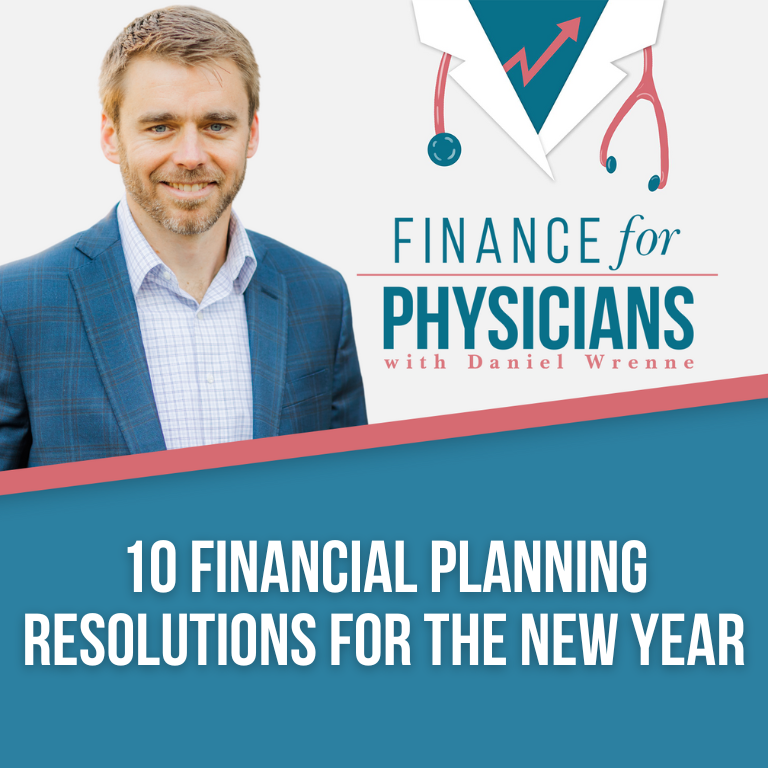January is a great time to plan ahead for the year. How are you going to make 2016 your best year ever? Here are a few personal finance ideas to help you start thinking of goals for 2016:
1) Get a Will
A will is absolutely essential for people with children because it tells the courts who will take care of them if something happens to you. If you are having trouble deciding, think about how much trouble the courts will have if you don’t do anything. Make a decision and, if need be, change it in the future. You don’t want to leave that decision to a judge. And while you’re at it, you might as well get the other important legal documents everyone should have as well: a Durable Power of Attorney, a Health Care Power of Attorney, and a Living Will Directive.
2) Get Life Insurance
If you have children you support financially, you need life insurance – no excuse. Term life insurance is crazy cheap for most people. Find an agent that can help you look at different options, and then run those options by a trusted advisor that knows your financial situation well.
3) Maximize Long Term Disability Insurance
This is one of the most overlooked risks. For young people, your future income is your most important asset. It should be insured well. You probably have your home insured well – but what about your income? If there is no income, there is no home.
4) Build Cash Reserves
There are two types of cash reserve accounts everyone should have.
- Operating reserves:
– You don’t get paid every day. You need to have a buffer to avoid constant transfers, overdrafts, and credit card debt. We typically suggest keeping at minimum 1 month’s worth of expenses in your checking account. This should be funded first before the emergency reserve.
- Emergency reserves:
– Life is not perfect. Everyone will have unplanned financial issues come up. The emergency reserve is set up to help you keep operating your household for a period of time when things don’t go as planned. We typically suggest keeping 2 – 12 months of baseline expenses in emergency reserves (depending on your circumstances). This will help you avoid transfers, overdrafts, and credit card debt.
5) Start Keeping Score Of Your Finances
Keeping score consists of three parts…
- Tracking Net Worth
– Track your net worth at least quarterly – but preferably monthly. Use a spreadsheet to list all of your asset and liability balances by month. Include information in the notes about interest rates, minimum payments, current payments, terms, and investment contributions.
- Tracking Cash Flow
– It’s not necessary to track every penny every month if you can develop a general understanding of monthly expenses AND track monthly cash flow. You can build this expense awareness by auditing expenses every few months or when cash flow is off schedule. Let the cash flow tracker drive your expense audits.
- Expense Awareness
– The cash flow tracker requires that you estimate monthly expenses and over time it will help you keep a general awareness of these figures. Every once in a while, you will get off track and it will be evident from the cash flow tracking. When this occurs, you may decide to audit expenses – or dig deeper to identify areas of improvement.
6) Create A Formal Investment Plan
If you are managing your investments, you should have a formal written plan that outlines your process, expectations, and worst case scenario. Your investment plan might include the following…
- Your investment management philosophy
- The purpose of the money
- How you plan to do it
- Expected returns (best and worst case) over various periods of time
- Your process for reviewing and updating
7) Review Your Retirement Plan
Each year, you should revisit your goals for retirement and asses how you are doing in relation to those goals. If you are off track, come up with a plan to bring you back on track. If you are on track, you might consider upping the ante or adjusting the risk you’re taking with your investments.
8) Create A Debt Payoff Plan
Similar to the retirement plan, you should also have a formal plan that outlines how you are going to pay off your various debts.
9) Ask For A Pay increase
People don’t ask for pay raises enough. You should be asking if you haven’t lately. View the discussion from the perspective of how you’re adding value to the company. You are valuable to the company and feel you should be compensated more based on your results. Come into the discussion prepared and remember it’s not about you… You don’t “deserve more money” … it’s all about the value you bring to the company. If they say no, you might ask what you can do going forward that puts you in better position to receive a pay raise in the future. How can you add more value to the company?
10) Cut Expenses Without Reducing Lifestyle
There are lots of ways to cut expenses without changing your lifestyle. Find discounts, shop insurances, ask for lower rates on services and utilities, use credit card rewards responsibly, or pay things annually for a discount.
